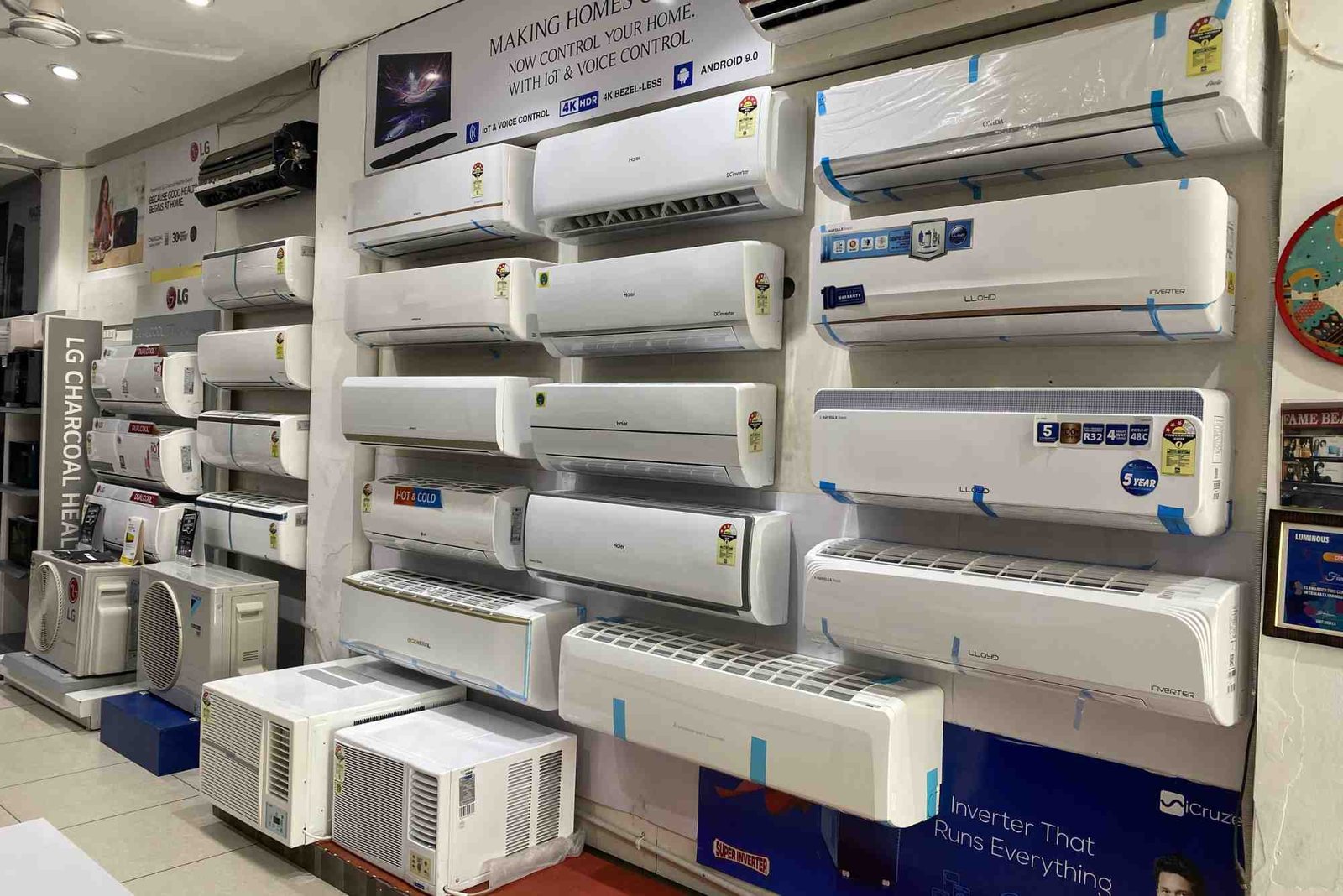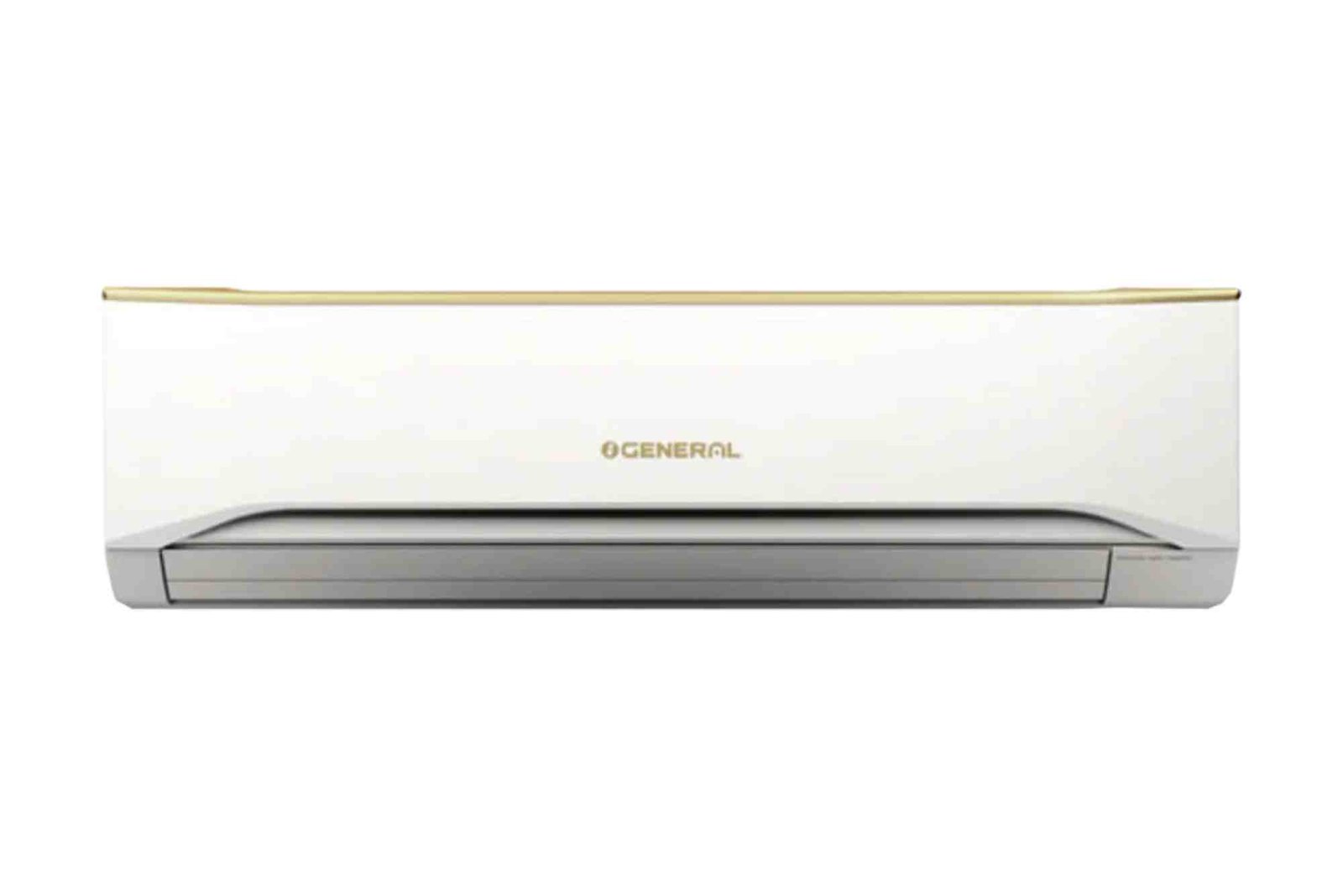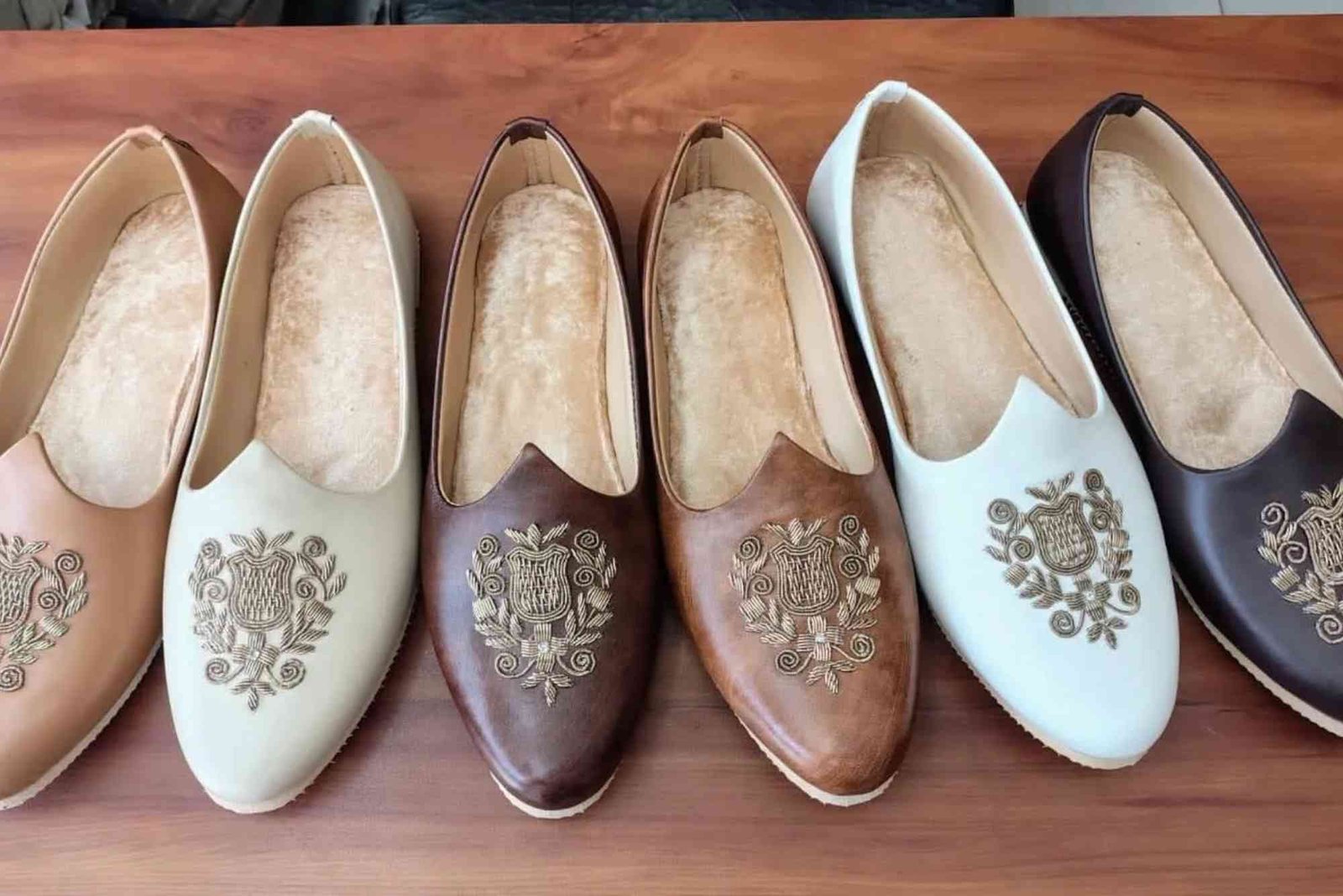When it comes to marketing, few strategies have the staying power of promotional products. From a branded mug that sits on someone’s desk for years to a tote bag carried around town, these items serve as constant reminders of a company’s presence. Yet many businesses still wonder: how effective are branded custom promotional products in today’s digital-first world?
Having worked with clients who have used promotional products as part of their campaigns, I can confidently say they remain one of the most effective and cost-efficient ways to build recognition, strengthen loyalty, and generate long-term visibility. Let’s explore why.
Why Custom Promotional Products Still Work
The strength of promotional merchandise lies in its tangibility. While a social media ad might disappear within seconds, a pen, notebook, or t-shirt can live in a customer’s daily environment for months or even years. The more often someone sees and uses a product, the more familiar and trustworthy the brand becomes.
High-quality custom promotional products also provide real utility. People value useful items—things they can carry, wear, or use regularly. Unlike one-off advertisements, these items embed your brand into your customers’ everyday routines, offering ongoing impressions at no additional cost.
The Role of Suppliers in Maximizing Impact
Choosing the right products is only half the equation. A reliable promotional products wholesale supplier makes the difference between a successful campaign and a disappointing one. Wholesale suppliers not only provide cost savings for bulk orders but also ensure consistency in quality, variety in product selection, and customization options that help businesses stand out.
For example, working with a supplier that offers eco-friendly materials or advanced printing techniques allows businesses to align their promotional items with brand values. Whether it’s sustainability, luxury, or innovation, the right supplier makes it possible to reflect those qualities in every branded product.
Real-World Effectiveness: Examples That Prove the Point
I’ve seen countless examples of businesses reaping long-term rewards from well-chosen promotional products. A startup I consulted for distributed branded reusable water bottles at a trade show. Attendees not only used them during the event but continued carrying them months later. The result was thousands of ongoing impressions for a relatively small investment.
Similarly, a financial firm gave away high-quality leather notebooks at a conference. These notebooks weren’t discarded like flyers or brochures—instead, they became valuable tools for professionals, sitting on desks and in meeting rooms, constantly reminding users of the brand.
The Psychology of Branded Products
The effectiveness of promotional products is rooted in psychology. People naturally value tangible gifts, even small ones. This sense of reciprocity—where receiving something creates a subconscious obligation to respond positively—means that branded merchandise can subtly boost goodwill toward a company.
Furthermore, promotional items often spark conversations. When someone compliments a tote bag or asks about a unique gadget, it gives the recipient an opportunity to talk about where they got it. In this way, promotional products generate word-of-mouth marketing, one of the most powerful tools for building credibility.
Measuring ROI: Are They Worth the Investment?
Some businesses hesitate to invest in promotional products because they can’t always be tied directly to sales. However, effectiveness can be measured in other ways—brand impressions, recall, and customer loyalty. Studies consistently show that people who receive promotional merchandise are more likely to remember the brand and feel positively toward it compared to those exposed only to digital ads.
The return on investment often comes through prolonged exposure. A branded pen might cost less than a dollar, but if it’s used hundreds of times over its lifetime, the cost per impression is far lower than most forms of advertising. When viewed this way, promotional products are one of the most efficient marketing tools available.
The Evolution of Promotional Products
Promotional items are evolving beyond traditional staples. Today, tech-related gear, eco-friendly products, and lifestyle accessories are in high demand. Wireless chargers, reusable coffee cups, branded apparel, and even smart gadgets are now being widely used as promotional items.
This evolution increases their effectiveness, as these items align more closely with modern consumer habits. Brands that stay ahead by offering innovative, high-quality products reap the benefits of longer usage and stronger brand association.
Integrating Products into Marketing Strategies
For the best results, promotional products should not exist in isolation. They should be integrated into a broader marketing strategy. Use them as incentives for loyalty programs, rewards for referrals, or giveaways at events. Combining tangible products with digital campaigns, such as contests on social media, creates a holistic experience that connects both online and offline branding.
Employees should also be included in this strategy. Providing branded merchandise internally—like hoodies, drinkware, or backpacks—not only fosters team pride but also turns staff into brand ambassadors when they use these items outside of work.
Final Thoughts: Why Branded Products Are Still So Effective
Branded promotional products remain one of the most effective marketing tools available. They’re tangible, practical, long-lasting, and psychologically impactful. With the right product selection, quality design, and strategic distribution, businesses can achieve remarkable brand visibility and customer goodwill for a fraction of what digital campaigns might cost.
In short, the effectiveness of promotional products lies not just in the product itself but in how creatively and strategically it is used. When executed well, they transform from simple giveaways into powerful, lasting brand assets.









